To a young person with a disability,
When I was a child, I played soccer every season it was available to me. That was my thing. Constantly, I was invited to camps and showcases. One of my favorite memories was at this tournament where my team wasn’t playing well. We were frustrated. Then, we played a game, and the ball landed right at my feet. I took a shot, and it went over the goalie’s head and into the back of the net. My team was so excited. It changed the trajectory of the weekend.
I truly loved being an athlete and dreamed of playing on TV for the U.S. National Team.
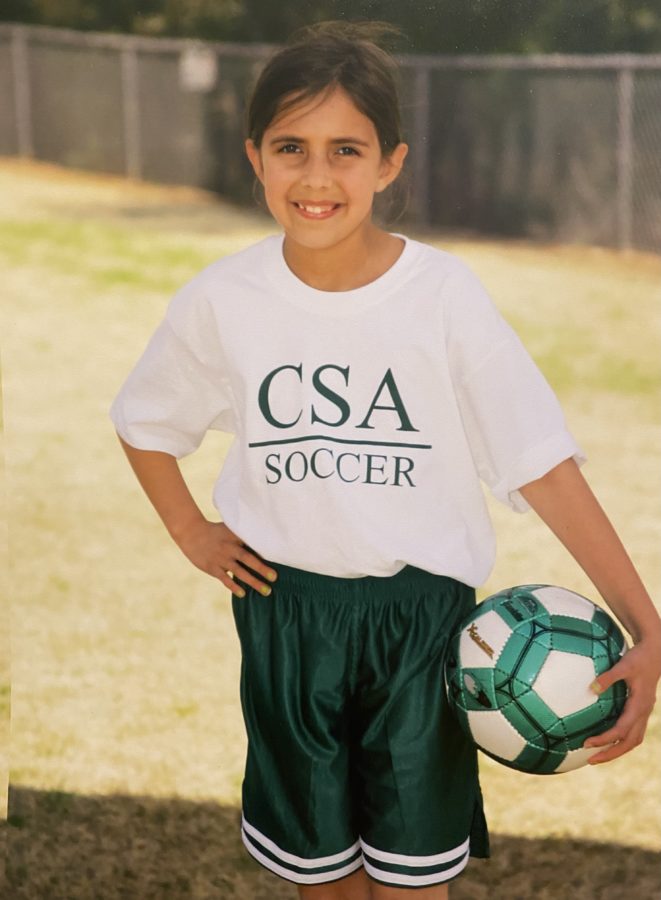

But then, one day, suddenly, my dream was taken away from me. My parents took me out of soccer and started to steer me into other activities, like recreational gymnastics. At first, I didn’t know why, but I was miserable.
Enter Your Email to Unseal Premium Content
After hearing my parents talk about it and seeing it mentioned on medical reports, one day, when I was in seventh grade, I decided to research Marfan Syndrome. I visited the cardiologist often throughout my childhood, but I never thought anything of it. I was always tall and skinny, with long arms and legs. My vision was always bad, and I had joint pain. As I read the description of Marfan Syndrome, I realized that I wasn’t supposed to be this way. I realized I had Marfan Syndrome, a genetic condition that affects connective tissue.
That’s when I thought, “What is this monster in my life?”
I felt like I was a broken human – almost as if I wasn’t a whole person.
I felt like I was a broken human – almost as if I wasn’t a whole person
My parents took me out of soccer because I am at risk of an enlarged aorta and possibly getting an aneurysm. Elevating my heart rate, aka heavy exercise, increases my risk. Also, until surgery recently, I had an indented sternum, which sometimes made it difficult to breathe.
Life with Marfan Syndrome has not been easy.
It wasn’t just soccer that was impacted. I was in a marching band in middle school, and sometimes I would feel tremendous pain from standing so long. It was hard to communicate that I had a disability and needed to rest for a minute.


Our culture is obsessed with these stories of coming back from an injury or not letting a disability get in your way. I thought I needed to push through – to keep going – even though it wasn’t good for me – even though it could kill me.
When I watched people engage in activities that I loved or stopped an activity because of my pain, I felt like a failure. I felt lost – like I didn’t know who I was or what I offered the world. As a result, my self-esteem took a massive hit.
But now, at 24 years old, I am learning to love myself. I have been more honest with myself about my physical limitations and have learned to give myself grace by setting goals and standards that work for me. Therapy has been beneficial. It’s been a way for me to get my thoughts out in front of me and make sense of them instead of letting negativity just circulate in my head. Also, getting feedback from another person who validates my feelings has helped me heal.
Now, I realize I have interests outside of activities that dangerously increase my heart rate. I enjoy yoga, pilates, and ballet. I have also come to love many non-physical activities, like knitting, crochet, reading, and writing. While I may not be able to challenge and push myself physically, I can do so with activities that don’t put my health at risk. For example, I can try a new technique with crochet or attempt a more complicated design.
It’s not easy for me to set big goals or have these big dreams since the first big one I had came crashing down. But one step at a time, I am working on it.
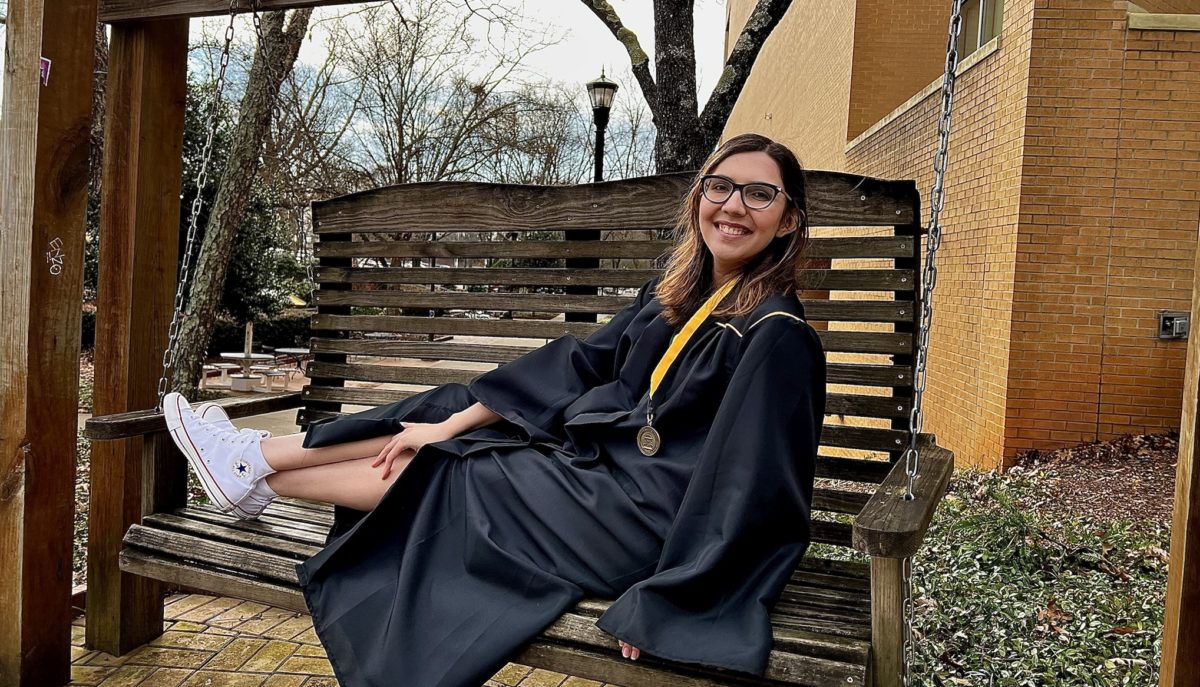

I have let go of my dream to be an athlete. And in its place, I have started to let myself develop new goals – like one day starting a business knitting sweaters. As I allow myself to lean more and more into these new dreams, I am becoming more excited and confident.
If a disability has forced you to give up on something you love, I want you to know that no one is defined by one aspect of themselves. There is so much in the world to explore and pursue.
For a long time, I felt like a failure, but I am not a failure, and neither are you. We are on a unique path to finding our way to our purpose.
So please, focus on learning to love yourself – just as you are. You will realize that your disability doesn’t make you broken. Instead, your resilience is part of what makes you beautiful.
With love and compassion,
P.S. Marisa will join us for a live interactive conversations on Thursday 6/30 at 9:15 pm Eastern Time to chat about her story. If you would like the zoom info, please email lauren@theunsealed.com


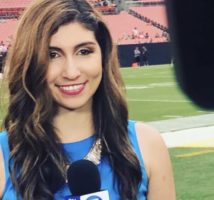
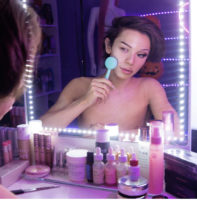
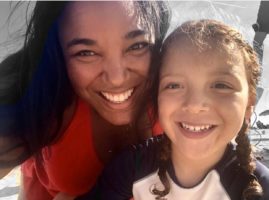
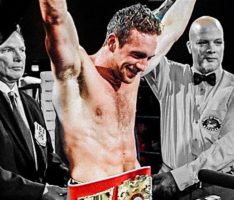
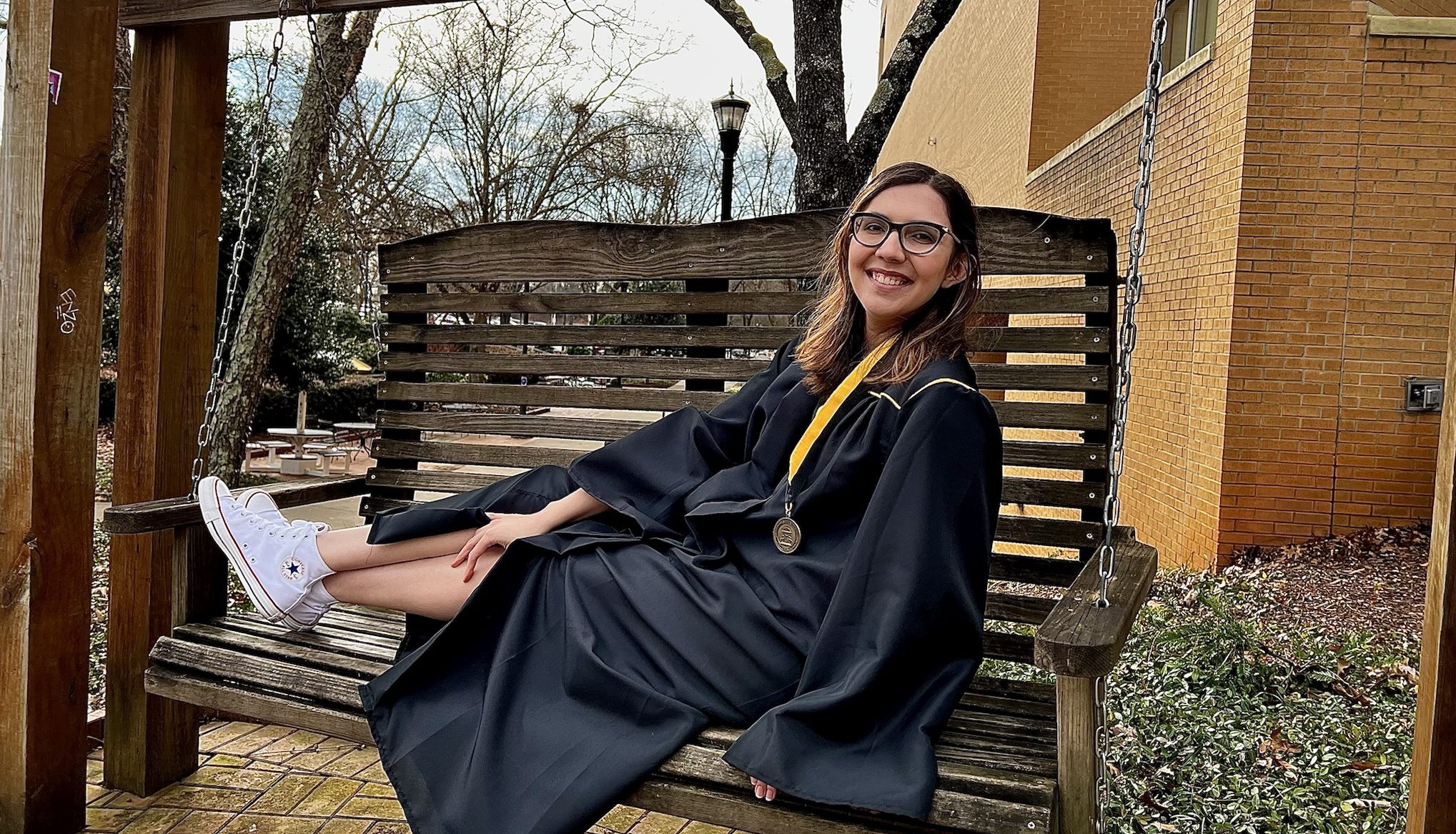

Great letter Marisa, great story. Way to overcome and adjust. Sorry your soccer career came to a close too early. Maybe we will see you on TV in the national crochet finals 🙂
Thanks for sharing that 😊
Hi Marisa,
Your letter is so beautiful and inspiring. I feel uplifted knowing you found new purposes in your life. You are so right. There are so many wonderful directions we can go in life that will provide fulfillment. I wish you all the best in all your future endeavors.
Shelley
Love your letter so much. It shows that no mater what your disability may be, there’s always something you can still do to fulfill your life. Everyone is unique and your disability is part of what makes you stand out from others, so embrace it. I have disabilities now, didn’t always, but I’m still living my life to the fullest and most have no idea I have them, unless I mention it. I love your strength and how you continue to work towards your endeavors. Don’t let anything or anyone stop you from being you. You’re a beautiful person, I can tell.